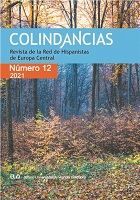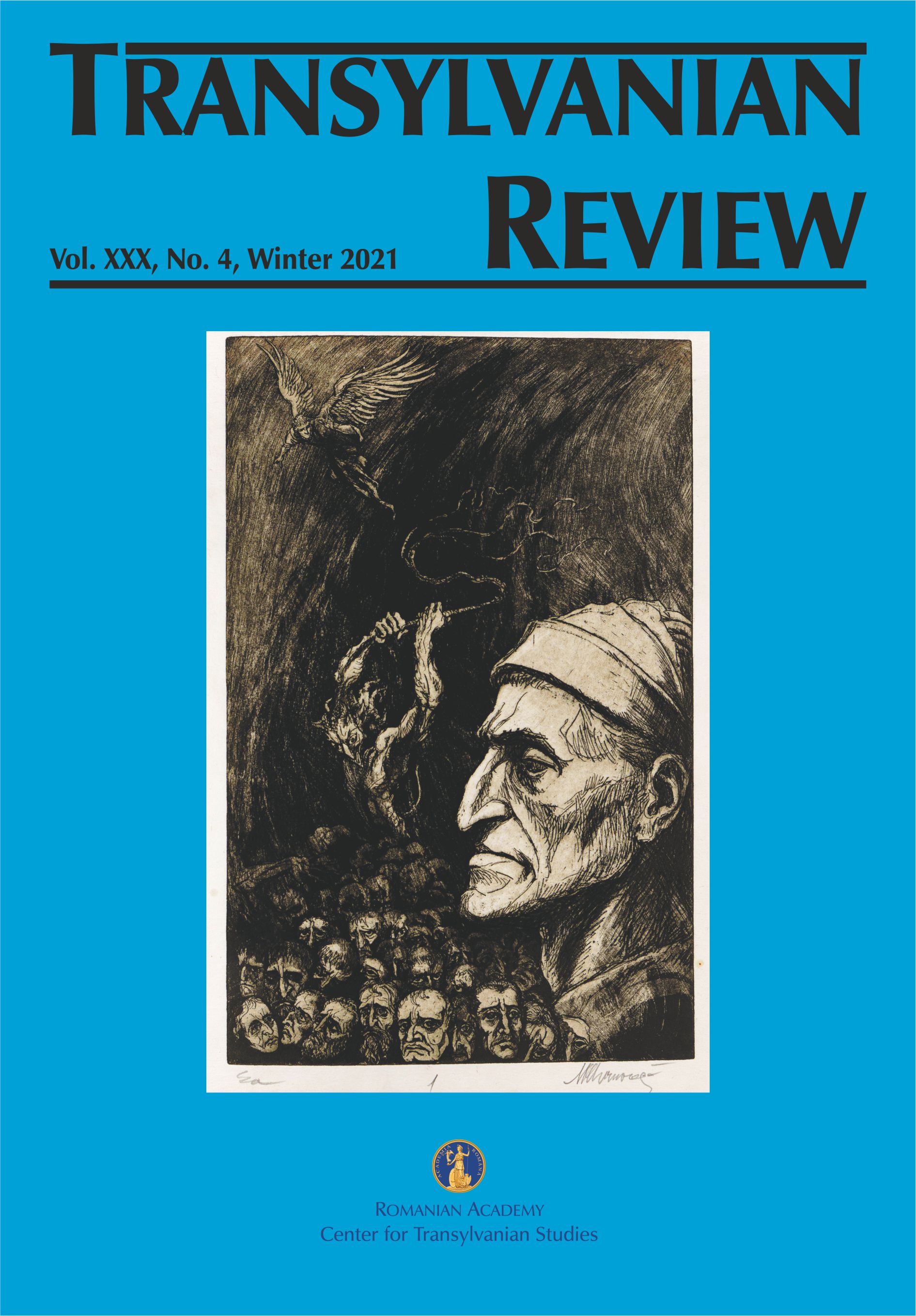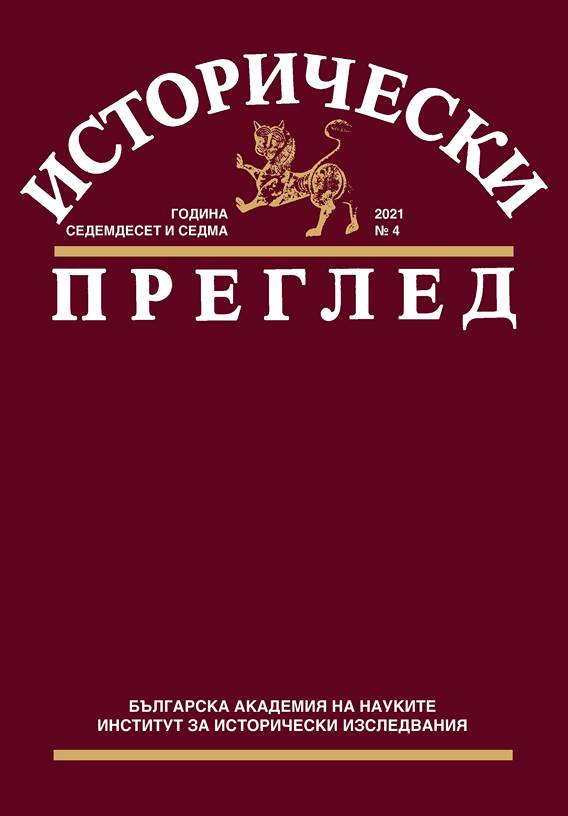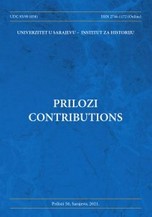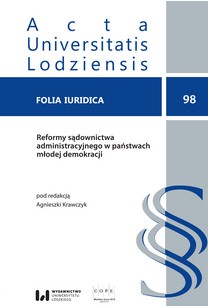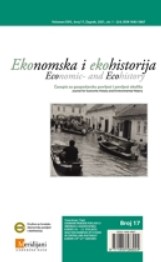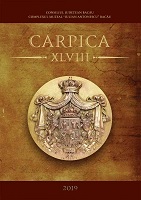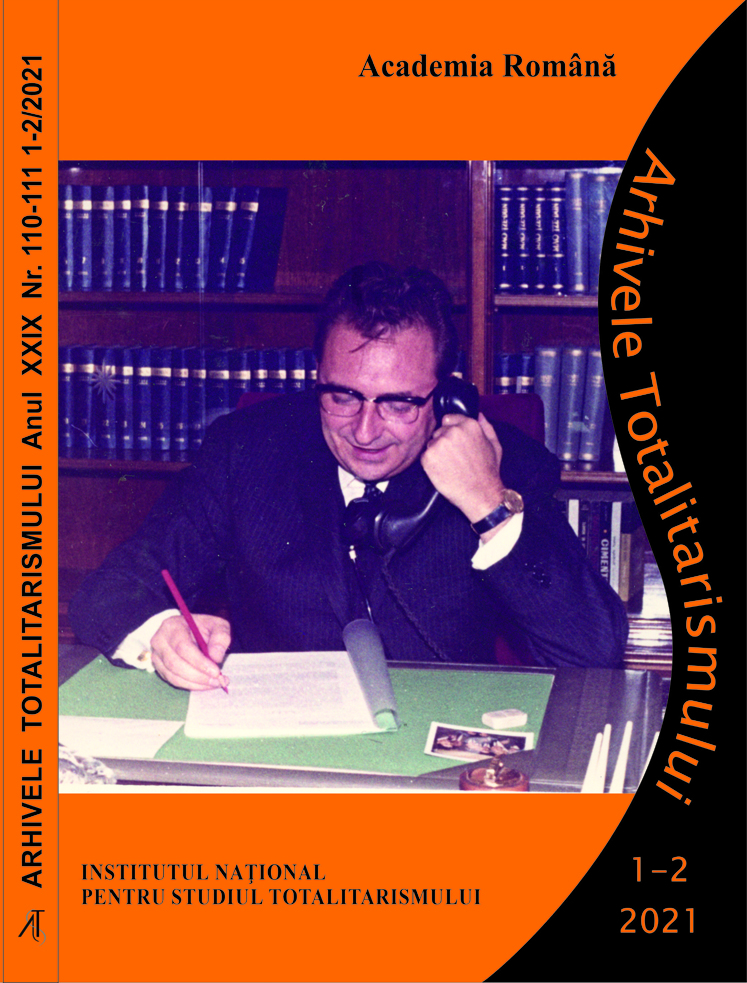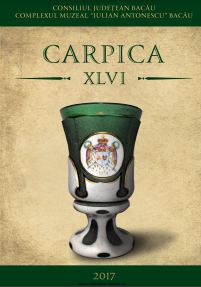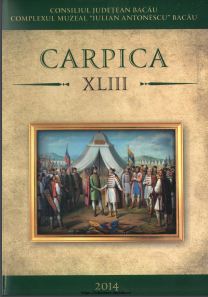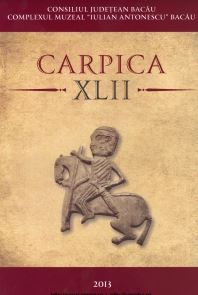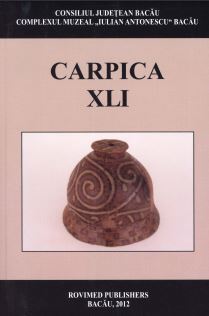Author(s): Aurel Florin Ţuscanu / Language(s): Romanian
Issue: XLVIII/2019
Teacher Petre Gârboviceanu is one of the prominent figures who have carried out a rich activity in organizing the Romanian educational process and making it progress. His activity is similar to that of Spiru Haret and both of them can be regarded as founders and organizers of the modern Romanian education. Petre was born on June 27th, 1862, in a priest’s family. He studied Theology in Râmnicu Vâlcea and Bucharest, then received a scholarship to Germany, obtaining a PhD in Philosophy. Returning to his home country, he received a job as a teacher at the Normal School in Bucharest, where he later took the role of principal. In the same period, he became the headmaster of the Central Seminary in Bucharest. He was elected deputy of Mehedinţi and took the opportunity to support the universal vote. He also believed in the idea of giving peasants land of their own. Together with SpiruHaret, he founded the popular „Albina” magazine, which would circulate through villages, in order to promote education, Christian morals, and culture without any political influences. Petre established the Association of Teaching Staff Members, became a member of the Press Society, a member of the Education Law Committee, a member of the Curriculum Committee etc. On January 30th, 1929, after more than forty years of activity,school teacher Gârboviceanu retired. With this occasion, Patriarch Miron Cristea gave praise for his fruitful work, saying among other things „you were not only a school teacher, but of a whole nation”. On December 31st, 1934, the bold Petre Gârboviceanu, who dedicated his entire life to the progress of Romanian culture, passed away, leaving behind his legacy and a great example for future generations.
More...
